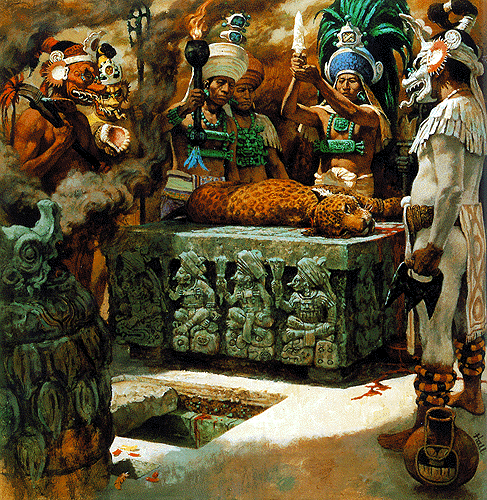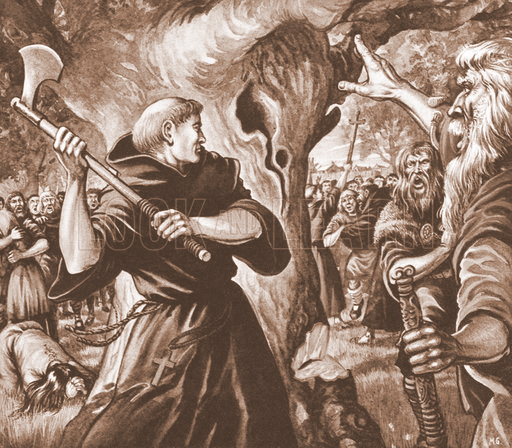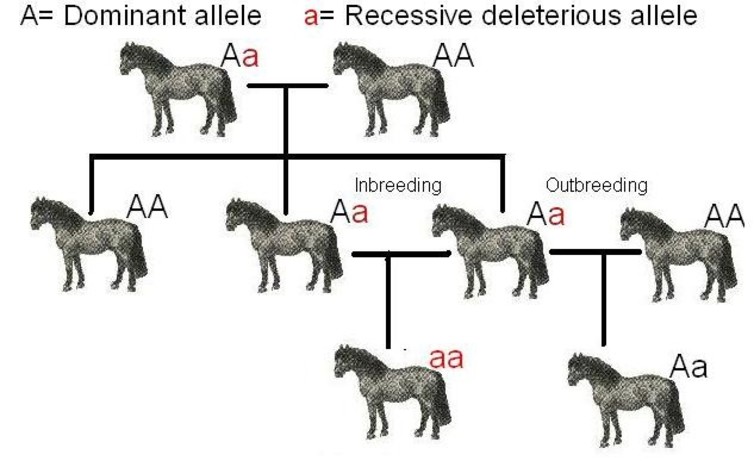One might also recall the resurgence of vivisection, which coincided with the revival of interest in experimental science in the 16th, and especially the 17th and 18th centuries and since. It is unfortunate that this infamy, which has assumed frightening proportions in the last century and in our own time among peoples rotten with Christian and rationalist anthropocentrism, has spread, precisely at the same time as this anthropocentric attitude, to all the countries colonised politically or morally (or in both ways) by the European or American West; that is to say, has practically spread to the whole world.
To cite only one example, but one of the most significant, the Indian Government—democratic and humanitarian, as it should be in the world dominated by the victors of 1945—has, in recent years, encouraged the export of thousands of monkeys, knowing full well that they would be subjected to criminal experiments (which the government no doubt considered ‘praiseworthy’, since they were carried out ‘in the interests of science’, and therefore of ‘man’).
And on the soil of India itself, since the so-called ‘independence’ of the country as in the time of the British, various research centres exist and are multiplying, in particular cancer research, in whose laboratories the same horrors take place as in those of Paris, London, Chicago or Moscow. And in the big cities, stray dogs, considered ‘useless’ by the neophytes of anthropocentrism, die in atrocious suffering, systematically poisoned with strychnine, as I saw some die in Greece in 1970.[1]
 And what to say of the treatment of the dogs of Constantinople, the most brutally collected in the world—with lasso and pincers—and thrown on a deserted island in the Sea of Marmara to die of hunger and thirst, by order of the ‘Young Turk’ government a few months after its accession to power, in 1908?[2] However, despite all these horrors and many others, a few decades ago there was still a very strong bond between many human beings and their domestic dogs or cats (in Western Europe, at the beginning of this century); war or draft horses; oxen and buffaloes for ploughing. The attachment of the Arab to his horse or camel was proverbial. The progressive mechanisation of the world is now breaking this bond, in all countries.
And what to say of the treatment of the dogs of Constantinople, the most brutally collected in the world—with lasso and pincers—and thrown on a deserted island in the Sea of Marmara to die of hunger and thirst, by order of the ‘Young Turk’ government a few months after its accession to power, in 1908?[2] However, despite all these horrors and many others, a few decades ago there was still a very strong bond between many human beings and their domestic dogs or cats (in Western Europe, at the beginning of this century); war or draft horses; oxen and buffaloes for ploughing. The attachment of the Arab to his horse or camel was proverbial. The progressive mechanisation of the world is now breaking this bond, in all countries.
When I returned to India in 1971, it was a great joy for me to see, in the countryside flooded with monsoon rain, so many good big buffaloes, well-fed, plunged with delight up to their snouts in the innumerable ponds, and ruminating peacefully. There were, and still are, thousands of them. But until when? Until, as elsewhere with horses and oxen, tractors replace them. And tractors are bound to replace them, if ever larger tracts of fertile land are to be stripped of their forests—in India as everywhere—to feed a population whose numbers are doubling every thirty years.
The proliferation of man is, as I have said, at the root of the mechanisation of life: an unthinkable process, because it is perfectly superfluous, in a population as sparse as it was a few millennia ago. On the other hand, medical technology, placed at the service of invasive anthropocentrism, is contributing more and more to the proliferation of man by acting against natural selection. This is a vicious circle that must be broken at all costs. We, the Aryan racists, the followers of Adolf Hitler, were and are the only human beings who are serious about breaking it by giving free rein to saving natural selection. But since the ‘twenty-fifth hour’ had already sounded many years, if not centuries, before 1933, we could not keep the power and win the war.
And the process of the gradual debasement of man, together with the extermination of the noblest beasts and the destruction of the forests—the process of the desecration and uglification of the earth—continues. It can only continue, given the mental attitude of the men now in power.
___________
[1] Now, in 1976, dogs in Delhi without collars or tags are electrocuted—or sent to the All India Institute of medical sciences for experimentation. This year the municipality has eliminated more than 30,000 of them.
[2] It is interesting to recall that the three main members of the ‘Young Turk’ government—Enver Pasha, Talat Pasha and Essad Pasha—were three Jews whose families had been ‘converted’ to Islam.








